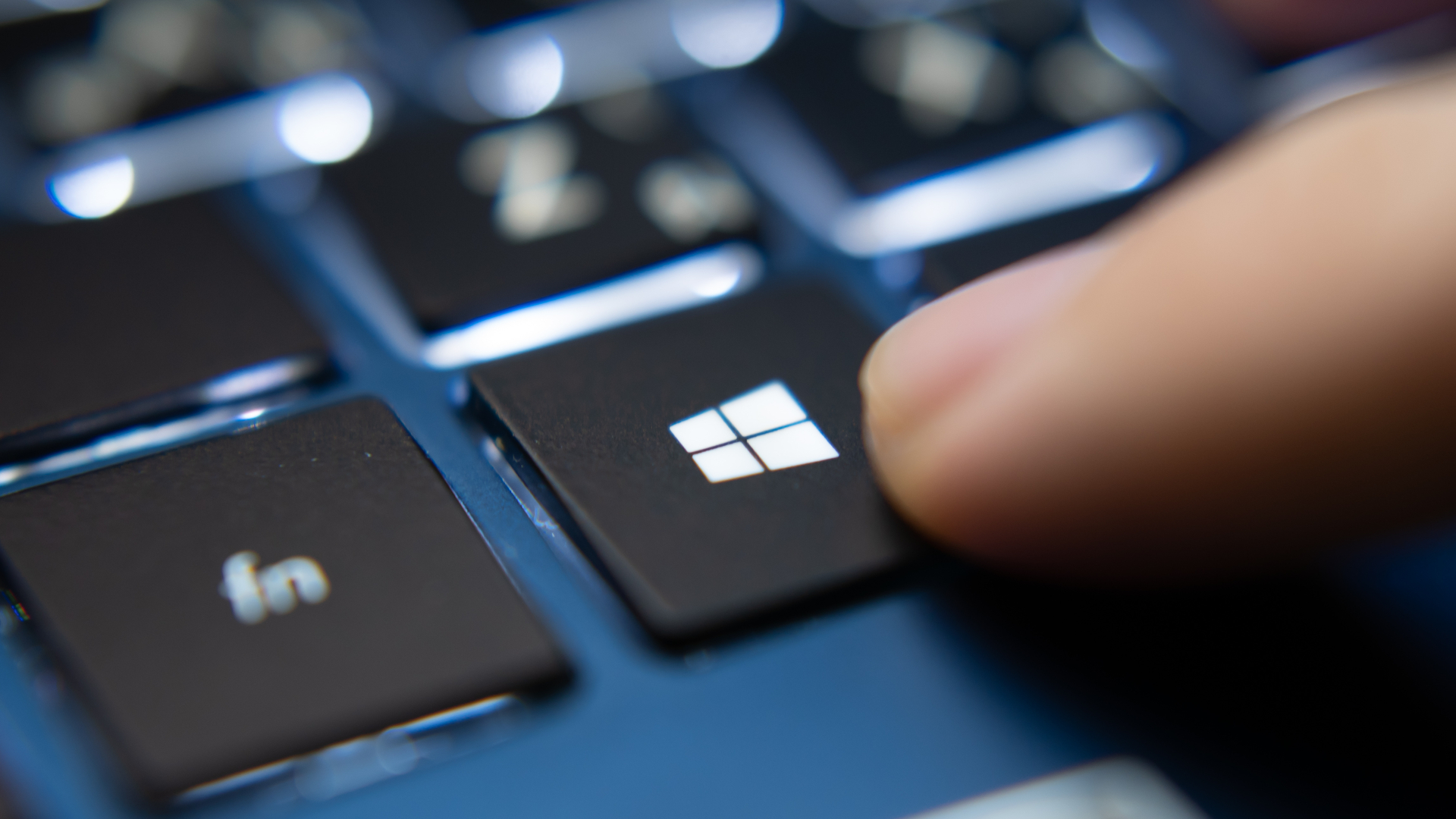
Windows 10 running out of road for support is going to be something of an environmental disaster in terms of old PCs going into landfills, an analyst firm has warned.
Canalys wrote an article on the state of the PC market and Windows 10’s end-of-support date, which rolls around in October 2025 – still some way off, of course, but getting closer all the time.
The core issue here is not just support coming to an end for Windows 10 in just under two years, but that the hardware requirements for Windows 11 – ruling out PCs with older CPUs, and machines that lack Trusted Platform Module (TPM) 2.0 security functionality – mean that those computers likely won’t be recycled either.
As Canalys puts it: “Despite the channel’s growing capabilities to support circularity, partners will not be able to refurbish and resell PCs unsupported by Windows 11.”
The end result will be an estimated 240 million PCs becoming e-waste, which is around a fifth of all Windows 10 devices. Canalys underlines this by saying: “If these were all folded laptops, stacked one on top of another, they would make a pile 600km taller than the moon.”
It’s a stark, bleak image, though Canalys also observes that Microsoft does offer ways to extend support for Windows 10 – at a cost, naturally. You’ll be able to pay for updates to continue to be piped through, as was the case with Windows 7 when its support expired. In fact, you’ll be able to keep on going for another three years this way.
The trouble is that with Windows 7, Microsoft cranked up the costs of this scheme considerably with every additional year. Given that, Canalys argues that it likely won’t be a cost-effective way for most businesses and individual users to proceed – and upgrading to a Windows 11 system will be the sensible path to take from a cost perspective.
This will be good news for PC manufacturers, but not so great news for the environment. Indeed, Canalys expects the PC market to grow again next year – by 8% in 2024, in fact – in contrast to this year, during which a sales slump hit vendors hard (Apple in particular struggled with Mac sales).
Analysis: Growing pressure on Microsoft
This isn’t the first warning of this nature about how Windows 11’s system requirements are bad news.
In October, PIRG, the Public Interest Research Group in the US, made an even gloomier forecast of 400 million Windows 10 PCs ending up on the scrapheap, and that the end of support for the old OS could usher in the biggest rise ever seen with junked computers.
Of course, you could argue that Windows 10 has been around since 2015, and in 2025, that’ll be a full decade of its existence – and you can’t expect an operating system to last forever. We’d agree with that, but the catch is, as mentioned, that Windows 11’s requirements (in particular the need for TPM 2.0) are a concrete wall blocking upgrades for many users or businesses - something that has not been the case before.
After several high-profile calls for action on this front, how will Microsoft respond? Maybe we can hope that the pricing for extended support for Windows 10 is reined in, compared to what was charged for Windows 7 (with an escalating scale as time went on, going up a lot in the final year).
We shall see, but a lot of noise is now being made about dire e-waste concerns here, and this is a topic Microsoft has been keen to be proactive with of late (in terms of more sustainable and easily repaired hardware, for example).







